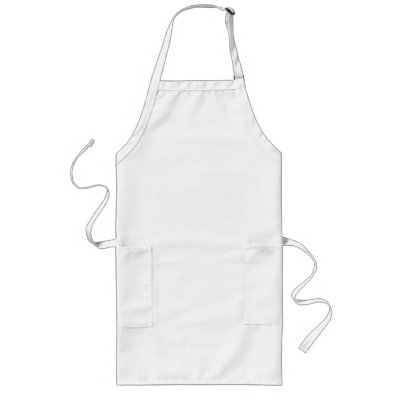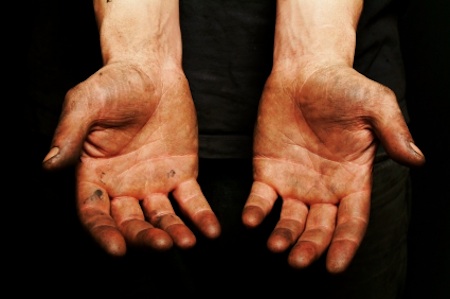Page 176
"Shame ain't black, like dirt, like I always thought it was. Shame be the color of a new white uniform your mother ironed all night to pay for, white without a smudge or a speck a work-dirt on it."
-Aibileen's thought after getting fired from her first job, on her first day.
I find this quote to be symbolic to the races of society. During this time period, to be black was something to be shameful of. African Americans were the lower class in society. Being white was something to have pride in. They were seemingly superior to all others. I think that Aibileen saying this is when she realized to have pride in where she came from. And not just that, but to not think that any white person is better than her, even if she has to act like it. She realized that she should not find shame in her race, but in the attitudes and actions of the white people.
I also see the dirt symbolic to the differences in the classes. Most white people during that time didn't have jobs that required them to get down and dirty. Most were business people, or if they were farmers, hired people to do their dirty work. I see the dirt standing for the harder work that African Americans had to do, as opposed to the more leisurely jobs white people held. That's what I see Aibileen referring to when she found shame that her apron did not have a speck of work-dirt on it. It almost seems like she works like white people do.
"Dirty Hands." Lindsey Nobels. Web. 22 Jul 2011. <http://www.lindseynobles.com/wp-content/uploads/2009/12/Dirty-Hands.jpg>.
"Plain White Apron." Zazzle.com. Web. 22 Jul 2011. <http://rlv.zcache.com/plain_white_apron-p1540366673416748523g3j_400.jpg>.


That is a great interpretation of the dirt and the dichotomy between white and black. Excellent interpretation and great logical explanation. Keep it up.
ReplyDelete